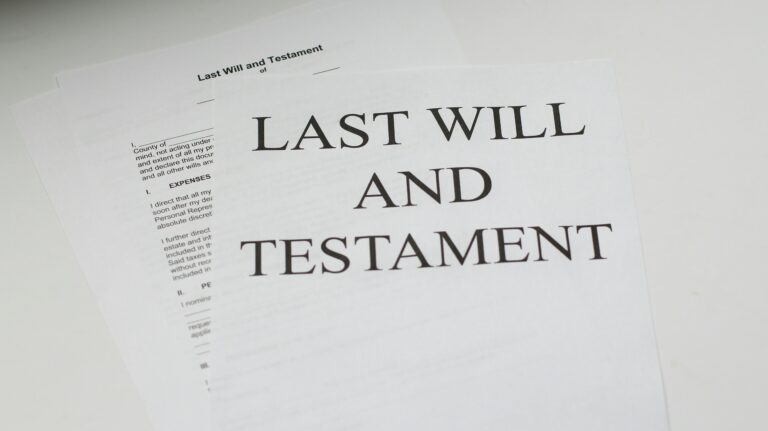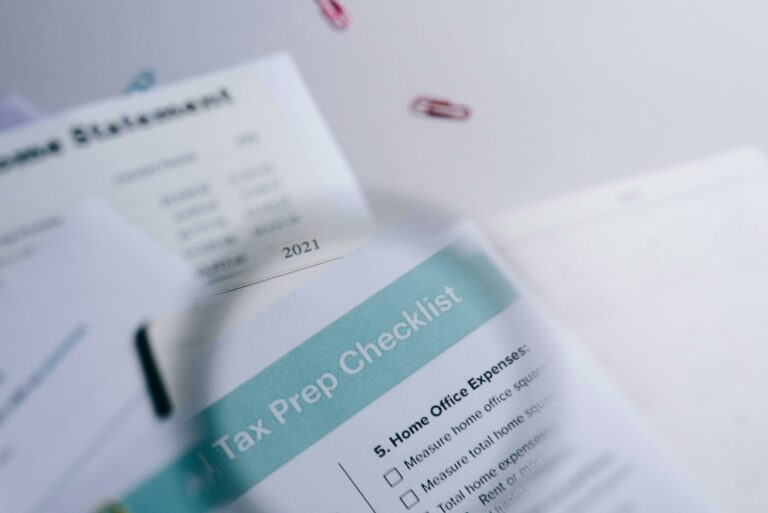
How to Create a Caregiver Contract
Taking care of elderly parents is rewarding. However, it’s also challenging. Many families face the decision of whether to hire a professional caregiver or take on the responsibility themselves. According to ElderLawAnswers, creating a caregiver contract can provide clear communication and fair compensation for all involved.
What Is a Caregiver Contract?
A caregiver contract, or personal care agreement, is a formal agreement between the caregiver and the elderly individual receiving care. This contract outlines the duties, compensation and other important details of the caregiving arrangement. It’s a legal document that can help prevent misunderstandings and financially protect both parties.
Why Is a Caregiver Contract Important?
One of the primary benefits of a caregiver contract is that it ensures the family member providing care is fairly compensated and reduces family tension. A caregiver contract can also be an essential part of Medicaid planning. By compensating the caregiver, the elderly individual may be able to spend down their savings and qualify for Medicaid long-term care coverage assistance.
How to Create a Caregiver Contract
If you’re considering becoming a caregiver for your elderly parents, starting with a well-drafted caregiver contract is essential. This legal document can provide peace of mind and ensure that both the caregiver and the elderly individual are protected. Consider five key steps to take when drafting yours.
1. Consult an Elder Law Attorney
Be sure to consult with an elder law attorney when you want to create a caregiver contract. They can verify that the contract is legally binding and provide guidance on meeting other goals through the contract, such as qualifying for Medicaid.
2. Define Caregiver Duties
The contract should clearly outline the caregiver’s duties. This can include tasks such as driving to doctor’s appointments, grocery shopping, and helping with bill payments. It’s important to cover all potential needs, even those that might not be necessary now. This way, you avoid any stress or confrontation over a likely expansion of duties in the future.
3. Establish Payment Terms
Payment for caregiver duties can be made in lump-sum or regular installments. For Medicaid purposes, the compensation must not be excessive. It should align with what other caregivers in your local area are earning. If your payment exceeds normal rates, the Medicaid administration may determine part or all of it to be a gift rather than payment. This could prevent you or your elderly loved one from qualifying for government assistance.
4. Address Tax Considerations
Income received by the caregiver is taxable. This means you must fully factor in payroll, federal income and other potential taxes. Calculate tax withholding properly to stay on the right side of the law.
5. Explore Other Payment Sources
If the elderly individual cannot afford to pay the caregiver, other sources such as long-term care insurance or state and federal programs may be available. It’s worth checking with local agencies to explore these options.
What are the Benefits of a Caregiver Contract?
A caregiver contract provides numerous benefits, including:
- Clarity and Structure: Outlining duties and payment terms prevents misunderstandings and ensures that everyone is on the same page.
- Financial Protection: Fair compensation for the caregiver and potential Medicaid planning benefits.
- Emotional Relief: Reduces tension among family members by providing a clear, fair arrangement.
Contact our elder law firm today to learn more about creating a caregiver contract or to start planning for your family’s future. Take the first step towards ensuring that your loved one’s care and your own financial security.
Key Takeaways
- Fair Compensation: Ensures that the family member providing care is fairly compensated, reducing potential family tensions.
- Medicaid Planning: Helps in spending down savings to qualify for Medicaid long-term care coverage.
- Clarity and Structure: Prevents misunderstandings by clearly outlining duties and payment terms.
- Tax Considerations: Addresses the tax implications of caregiver income.
- Financial Protection: Provides financial security and peace of mind for both the caregiver and the elderly individual.
Reference: ElderLawAnswers (Feb. 13, 2023) “Caregiver Contracts: How to Pay a Family Member for Care”









